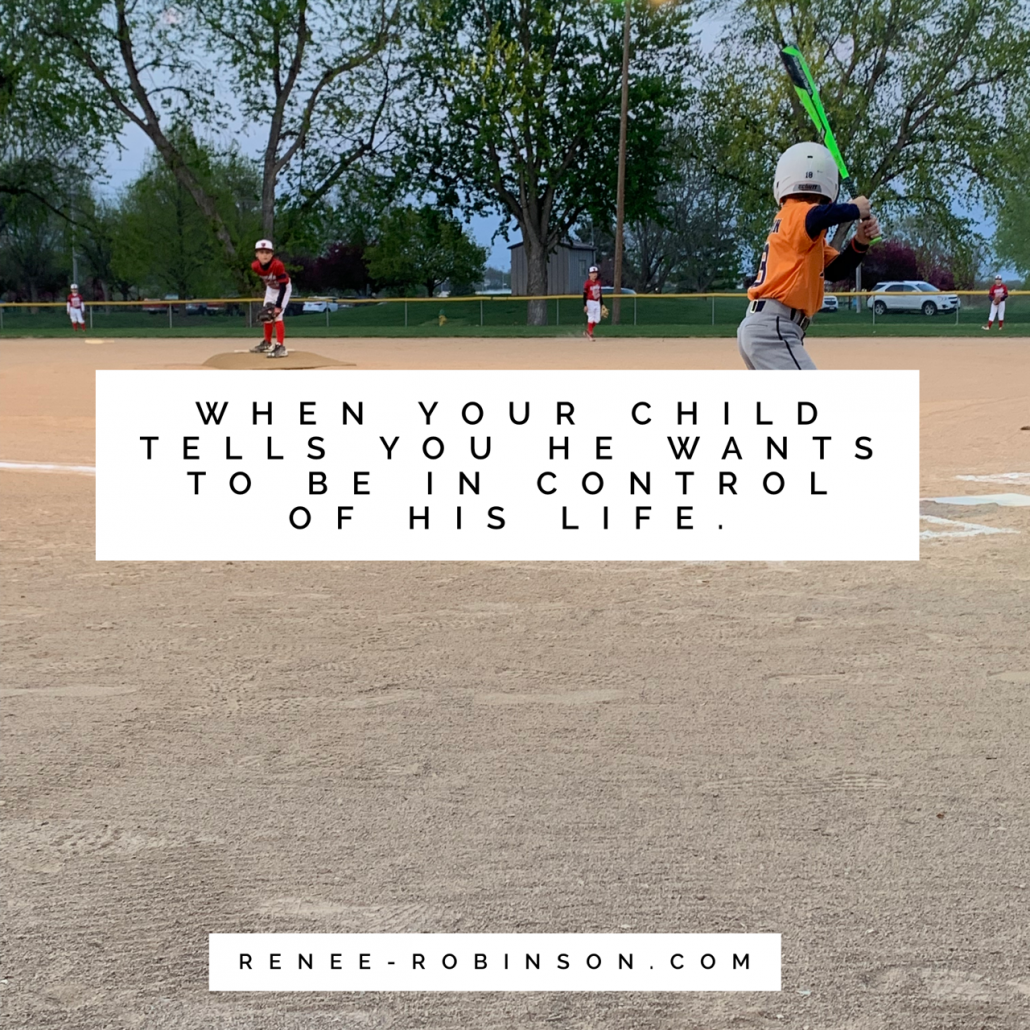When I began writing about limiting screens in our family, I was surprised to discover I wasn’t alone. It seemed many of us felt the encroachment of electronics in our homes and were searching for ways to protect our time and our hearts.
One common comment I heard, and still hear, is along these lines.
I wish my kids played outside more.
I wish my kids liked to read.
I wish I could get my kids off the screen more.
I wish…..
What do you wish for your family regarding screens?
The parents who make these comments genuinely mean what they said. I hear it in their voices and see it in their eyes. They truly feel at a loss and in need of ideas, help, or direction.
Over the years, I’ve spent much time talking, reading, and listening to families on this topic.
Two things to consider in taking control of the screen issue:
- It starts with the culture we create in our homes.
- It starts with starting with the end in mind.
Set the Home Culture
When we moved to Nebraska and visited our church for the first time, we immediately sensed the unique culture. Over the next several weeks, we saw it was a church that had a deeply established culture of servanthood and self-feeders. The congregation didn’t show up to be served and spoon fed the Word. They showed up eager to jump in and serve. And they showed up with their Bibles having spent the week studying the Word on their own and in groups.
It started with the leadership of the church. These were values important to the leaders. They modeled and lived out the culture they wanted to create.
In a similar way, we as parents are leaders in our homes and have the unique opportunity to create a family culture. In order to do this effectively, we can’t be concerned with what “everyone else” is doing. We have to keep our eyes in our own lane. Where do we want to drive our family?
How to limit screen time
In our home we never had the tv on in the background, and we never allowed our kids to simply turn on the tv whenever they felt like it. The same holds true for gaming devices or any screen for that matter.
We have a time and place for screens. We control screens so they don’t control our family.
When our kids were small, we had dedicated tv time. From the beginning screens functioned within boundaries set by us, the parents. As the parent, this is our role to set and monitor these boundaries. We didn’t hand this over to the children because children don’t know what is best for them. Two hours on a device is like 5 minutes to a child.
As our kids grew older, those boundaries remained. They earned more time and greater freedom with age and responsibility, but our family culture remains today the way we created it all those years ago.
Start with the end in mind.
It was highly important to me to have teenagers who wanted to hang around us, who were respectful and kind, and who didn’t live in their own selfish worlds. It’s impossible to one day mold a teenager when they are 13 into what we hope they will be. Instead we begin the day they are born. We spend time with them, we pour love into them, we teach, mold, and develop for years.
With screens, because they can be so invasive in the home, we begin with the end in mind.
If I want a teenager who lives connected to our family more than a device, then I’m careful when he’s a baby or toddler not to put a screen in his hand as a babysitter. What we do in the beginning sets patterns for later.
At the same time, it’s never too late to start again. To create new boundaries and communicate your love and commitment to your family.
If I want a teenager who isn’t completely selfish, I don’t as a baby give him a screen to calm him down or get him to do what I want as we go through our day. I don’t give him a screen so I can do what I want.
It’s hard, it’s sacrificial. It’s a long haul view for sure. But it is so very worth the time and energy it requires of us as parents.
Now when parents tell me the greatest struggle is getting their kids off the screens, I ask them if they allow screens to be turned on without parent permission. I know that if from the beginning we had allowed our kids to turn on the tv or play a gaming device whenever they felt like it, that is all they would want to do to this day. They would have never chosen to play outside or read a book. But screens weren’t an option to turn on whenever they felt like it.
We grow what we feed our appetites.
If our kids feed on screens, their appetites for screens grows. Same for us as adults.
Screens must live within the family’s boundaries. If not, screens will attempt a takeover of the family, and before long, it will feel like screens are in charge.
There is hope. There really is!
Over the years I’ve received my fair share of ugly emails from people telling me how my kids will end up hating me one day. How they will feel excluded and left out. I believe this is a fear many parents have. Often we cave to our fears and begin to allow screens to rule.
When kids understand the why and the heart behind the why, they get it.
From the beginning we discussed the issues and dangers of allowing screens to dominate our lives. We discussed the heart issues. Most importantly, we focused on building the relationship. As Josh McDowell wisely says, “Rules without relationship leads to rebellion.” Build the relationship.
Our kids understand we are for them not against them. As a family, we are on the same team. We are Team Robinson.
The issue runs deeper than many parents have yet to consider. It’s deeply spiritual. When we place screens within protective boundaries, we are training our kids to master the cravings of the flesh rather than live slave to their flesh.
One argument is to give the kids all the screen time they want so they can learn to handle it.
Well, they can’t. Instead they will often find themselves bound to it.
We don’t place before a toddler a bounty of vegetables and candy and say, “They need to know how to handle this on their own.” No, we know what they would choose.
Over time, they would lose all taste for vegetables and find themselves highly sugar addicted. And we all know the spiral of the sugar crash in a child.
Screens are addictive. When our children are in their growing and forming years, it’s our job to protect their hearts and their minds. To teach them what is best for them.
My middle son leans more toward being a spender over a saver. When he was much younger, if he had $5 for 5 minutes that was a miracle. Money in his hand didn’t remain long. He was very impulsive too. We’d go into a store, and if he had money, he’d suddenly find something he thought he had to have.
For awhile I let him try to control his own spending. I told myself it was his money and the best way to learn is the hard way. But I began to see something quite sad take shape. He couldn’t control himself. No matter how many hard lessons, he didn’t seem to learn. In fact, the struggle only became more difficult for him.
He would feel guilt and shame over his choices. He’d be filled with sadness and regret. He saw all the lessons, but he felt powerless in the moment of decision to make the right choice.
Parents, this is so often what happens to our kids when we let them control their screen time. What takes form in their hearts is damaging over time.
So Zachary and I worked together on his spending. We discussed the heart issues. We discussed how this is a small issue now but at 20, it would be a bigger issue. He trusted me and knew I wanted to help him.
So when we went to stores, even though it was “his money”, I no longer allowed him to spend the money impulsively. If we hadn’t planned for it, we didn’t purchase it. He would leave without spending the money and spend a week thinking about it.
You know what happened? When the chemical rush wore off, he never went back to the store for those purchases.
We’ve spent years doing this with him now. He is gaining greater control by allowing us to help him by placing boundaries around his spending.
This applies to screens with our kids. They often simply can’t see what is best for them. They may not know they need us to place those boundaries, but they do.
They will never choose today based on what’s best for them in 20 years. They can’t possibly because they don’t have an adult brain yet.
This is our role as parents. It is loving and kind to place screens within our limits. When kids understand the why behind what we do, they may not love it initially, but they respect it. And over time, you may be surprised when they thank you for placing those limits around them.
I have written for the last 5 years on this topic. It’s a passion of mine because I want to see deeply connected families thriving. If you want to read more, simply choose Categories, Electronics from the Blog page or click here.
If you’d like to receive posts via email, simply click here. Bonus – you will receive some fun free downloads that will help you connect with your kids!


















